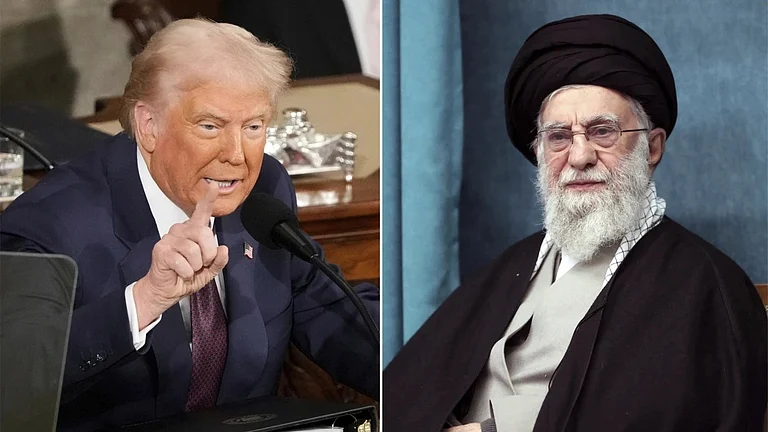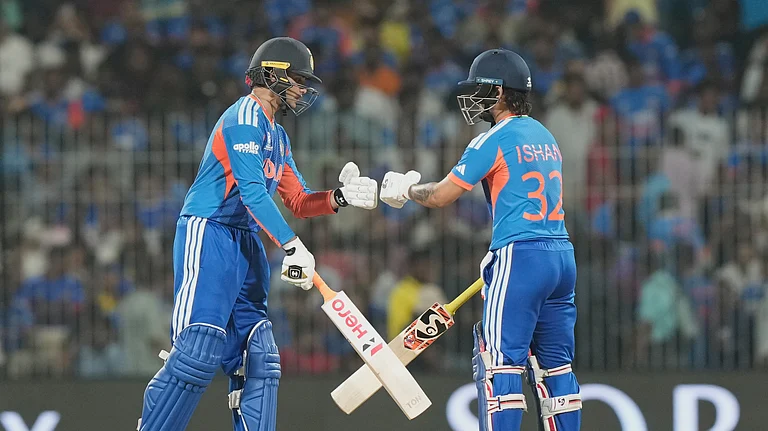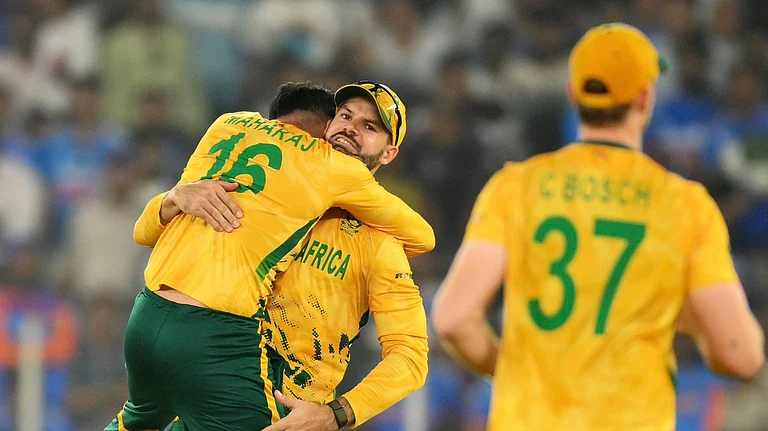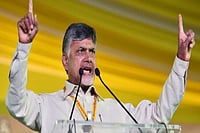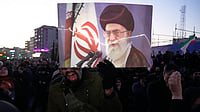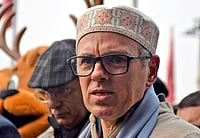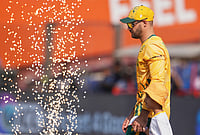World Tour
Hong Kong Seven former British foreign secretaries have urged PM Boris Johnson to form a global alliance to respond to the China-Hong Kong crisis. A proposed Chinese security law for Hong Kong would make it a crime to undermine Beijing’s authority. But it could violate the agreement when The UK handed Hong Kong back to China in 1997.
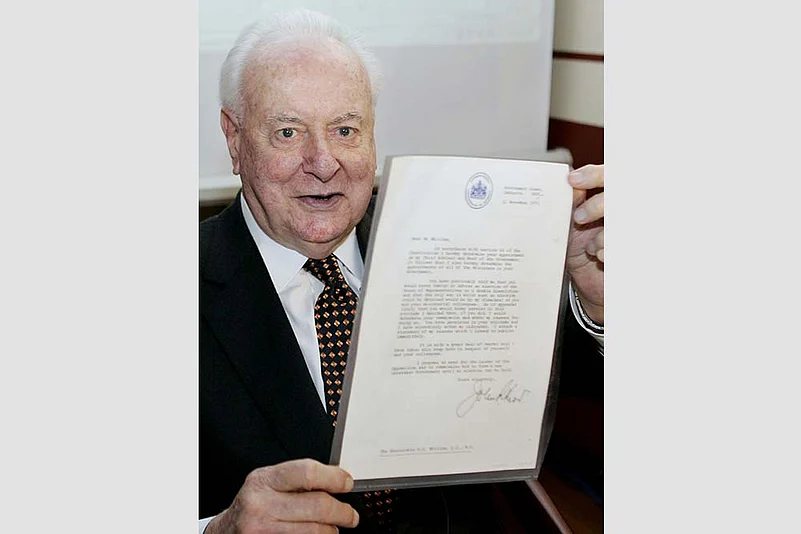
Australia Letters written by the Queen before dismissing Gough Whitlam’s Labour government in Australia in 1975— a controversial political episode—can be made public following a court ruling. Historians have wondered what Buckingham Palace knew for it to dismiss the Whitlam government that was seen as a progressive one, even though its reforms had divided Australia.
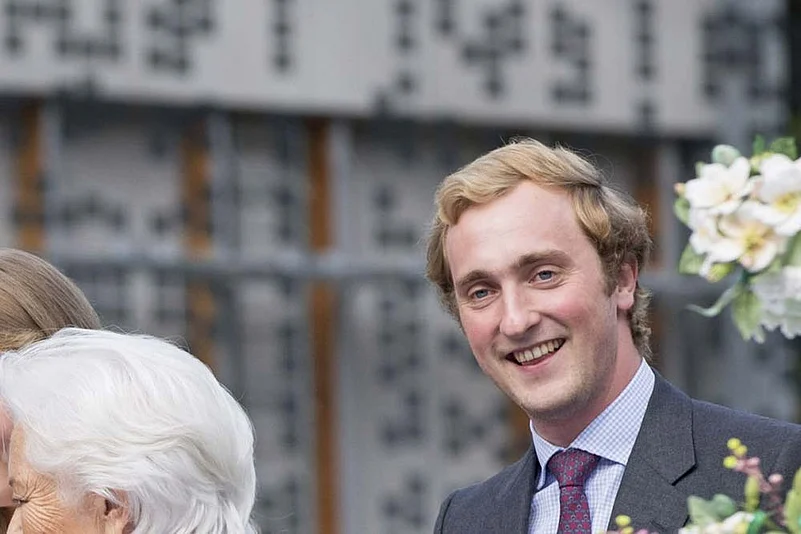
Belgium Prince Joachim, the 28-year-old nephew of Belgium’s King Phillipe, apologised and said he “will accept the consequences” for attending a party during Spain’s lockdown. He had travelled there for an internship in May and attended a party in the southern Spanish city of Cordoba. An investigation by Spanish authorities on lockdown rules violation revealed Joachim contracted coronavirus.
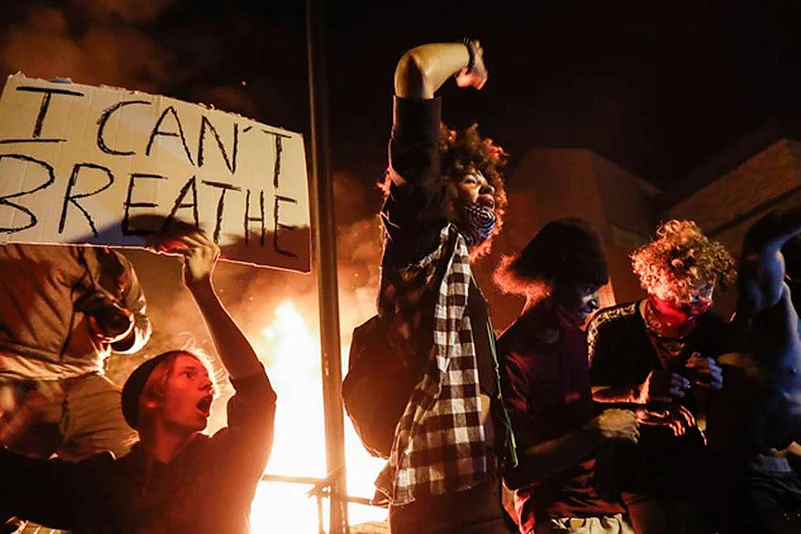
Foreign Hand
Protests over the death of 46-year-old African-American George Floyd—a white Minneapolis cop pinned down the handcuffed, grounded man with his knee on his neck for almost nine minutes—have engulfed over 40 cities. Curfews have been imposed as police clashed with protestors in New York, Chicago, Philadelphia and Los Angeles. Police shot tear gas and pepper bullets as their vehicles were torched and shops looted. Amidst the chaos, thousands of peaceful protestors laid face down and chanted “I can’t breathe.” Those were the last words of Floyd, whose death was captured on video by bystanders who also repeatedly told the cop to get off the man. He refused to let go even when Floyd pleaded that he couldn’t breathe. But tensions between Blacks and police did not start with this—they have been years in the making.
Floyd died on May 25. Police officer Derek Chauvin has since been sacked and charged with murder. The case has reignited US anger over police killings of Black Americans. The outrage also reflects frustration over socio-economic inequality and segregation. It follows cases of Michael Brown in Ferguson, Eric Garner in New York and others that drove the ‘Black Lives Matter’ movement.
Such deaths are not new in Minneapolis. In 2016, Philando Castile was shot dead by a police officer in a neighbourhood just 15 minutes away from the current epicentre of protest. In 2017, a Minneapolis officer was charged with shooting to death Justine Damond after she called to report a sexual assault. In 2015, protests erupted over the shooting of Jamar Clark, a 24-year-old man who was being pursued by Minneapolis officers. Minneapolis—while a prosperous city that celebrates liberal policies—has struggled with socioeconomic inequality and segregation, a phenomenon dubbed the ‘Minnesota paradox’. The twin cities of Minneapolis and St Paul are overwhelmingly White and its neighbourhoods are highly segregated. Most Blacks live on the cities’ north. They were shaped by racist red-lining policies dating to the early 20th century when Blacks were not allowed to buy homes in certain neighbourhoods. In the 1960s, the state built a major highway that cut through and destroyed a thriving Black community known as Rondo in St Paul. A 2018 study show Black homeownership in the twin cities is among the lowest in the US. In 2016, the average White household here earned about $76,000 a year; a Black household earned $32,000. And 32 per cent of Blacks live in poverty, while it’s only 6.5 for Whites. These disparities persist in the way the community is policed.







